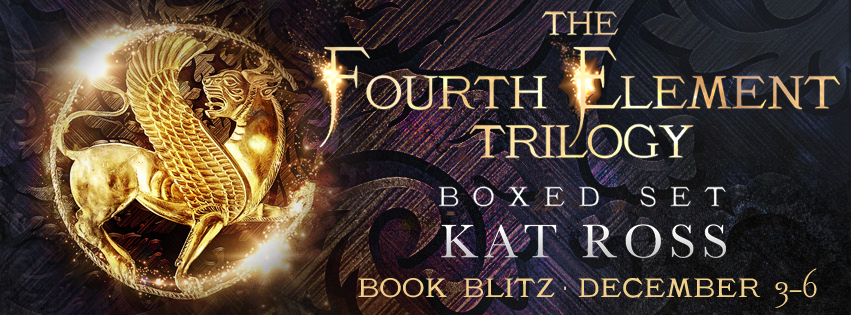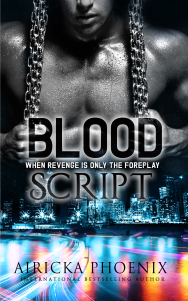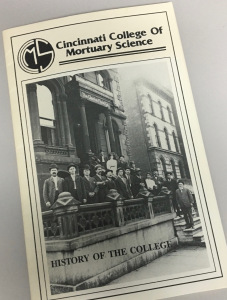Here it is, our second annual listing of the works of television art that have moved our scholarly souls the most. As the cutting edge fans we are, our 2016 is dominated by the new, as more than half (16 to be precise) are in their first season. While it was a year of disappointment in the real world (and three of our choices mock the darkening political landscape), it was a wonderful year to escape into the void of the warm glowing warming glow. Also, if our dials were broken and we could watch only HBO, Netflix, and FX, we’d probably be ok, based on our list.
30. Last Week Tonight with John Oliver [HBO]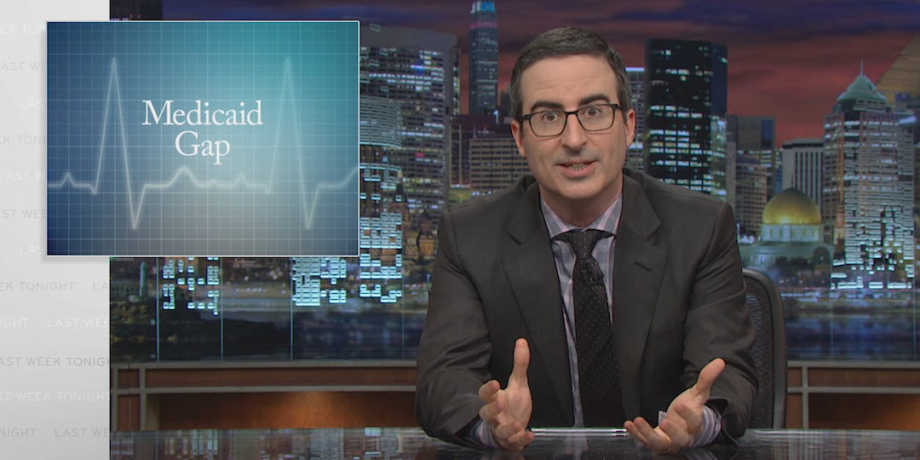
He tried to avoid the elephant in the room — the loudly bellowing, orange elephant — until he couldn’t anymore. And while the “Drumpf” episode may have been too little, too late to save our presidential fate, it was a particular moment of crescendoing genius hidden in lunacy. In any case, it’s John Oliver’s ability to highlight the hilarious absurdity in banal evils like payday loans and civil forfeitures — and genuinely care about them — that has branded John Oliver’s weekly news show essential.
-Jason Thurston

I loved Stephen King’s novel 11-23-63, so when it became a miniseries on Hulu, I had high expectations for the show — and wasn’t disappointed. A teacher (James Franco) uses a time machine to go back in time to prevent the assassination of JFK and needless to say things do not go as planned. To say too much of the plot might spoil it for you, but let’s say the direction and cinematography were excellent. The love story between Franco’s character and Sadie didn’t have the same impact as it did in the book, but actress Sarah Gadon deserves to be a star. Also of note was a great performance by Josh Duhamel as pscyho country boy. All in all I found myself looking to forward to Wednesday when I knew a new episode would be released.
-Brad Filicky
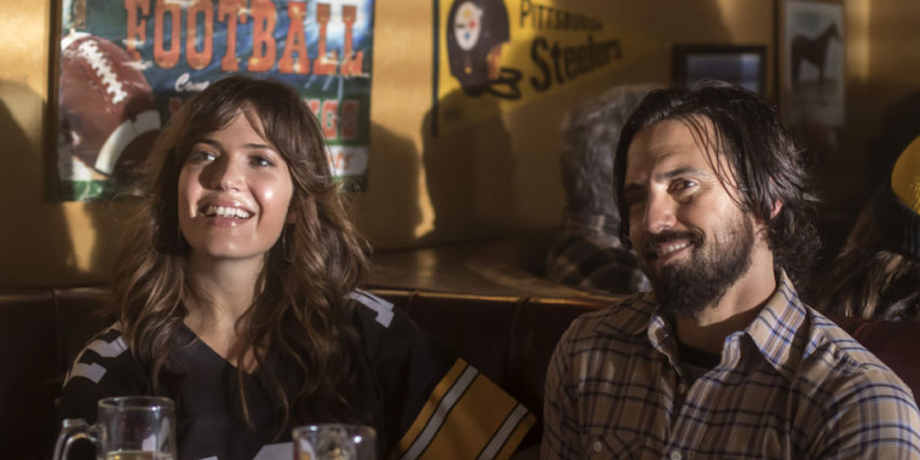
When you need a break from sarcasm and want something heart-warming and a guaranteed cry fest, turn to This is Us. Not only did it give me all the feels during its first half as we are introduced to the very unique beginnings of the big three, but what I loved was the immense character development of all the roles, especially when it came to the nuances of race in Randall’s character. It touches on an area many shows don’t: what it means to be a POC in everyday life. He tells his birth father William in the episode “The Pool”, that he notices all the injustices that go around him to him despite his stature, he just chooses to ignore most of them for the sake of his own peace of mind (IE the department store security guard following his every move, being asked to show his ID with his credit card). Randall does not want to be angry all of the time, so while he chooses not to speak on these issues all the time, does not mean he is oblivious to them, esp growing up in a white family. This to me made an already epic show about what it means to be a family stand out even more.
-Navani Otero

A&E’s eight-part documentary series about the Long Island Serial Killer is grim and fraught with unanswered questions. Filmmakers Joshua Zeman and Rachel Mills, who made Killer Legends (following Zeman’s Cropsey), travel the U.S. looking for connections between LISK and other unidentified killers in Atlantic City, Daytona Beach, and New Mexico. Zeman and Mills spend plenty of time in Long Island too, retracing Shannen Gilbert’s frantic escape before her tragic death in a marsh, interviewing experts and investigators, and following sex workers, who know they could be the next victim. Zeman and Mills also interview Heather Saul, the bad ass woman who was almost murdered by Neal Falls, who had been driving cross-country for two decades before attempting to murder Saul, who heroically fought back.
-Katherine M. Hill
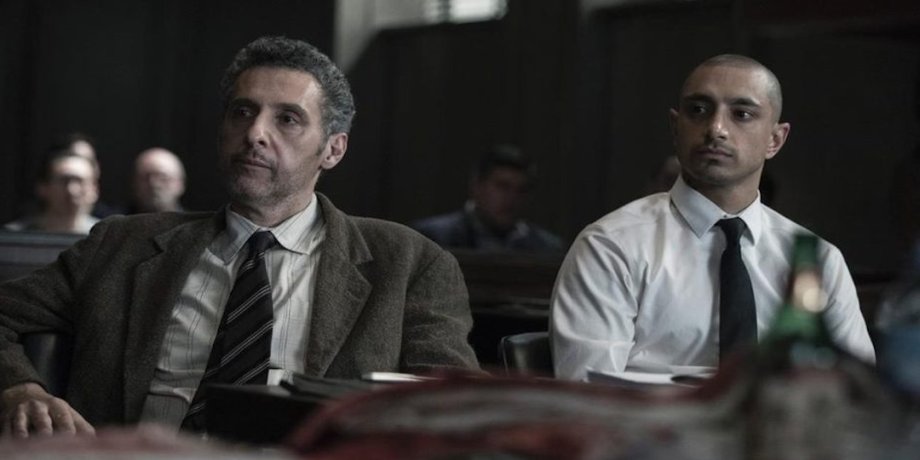
While it works — and exquisitely so — as a mystery, one featuring dozens of moving parts and a host of possible suspects, The Night Of is primarily a dark study of the demons and angels lurking deep inside all of us. At first glance, Naz (Riz Ahmed) is a quiet, empathetic college student who tutors basketball players in his spare time; however, once charmed by a beautiful and troubled woman who hops in his “borrowed” taxi, he descends into darkness, and when charged with her murder, prison brings out some inner passions. Meanwhile, John Turturro’s sad-sack, eczema-bound lawyer John Stone appears equal parts pathetic and conniving at first, but … you get the picture. It’s a compelling puzzle of egos and emotions set against a New York that’s way more Gotham than Metropolis.
-Jason Thurston
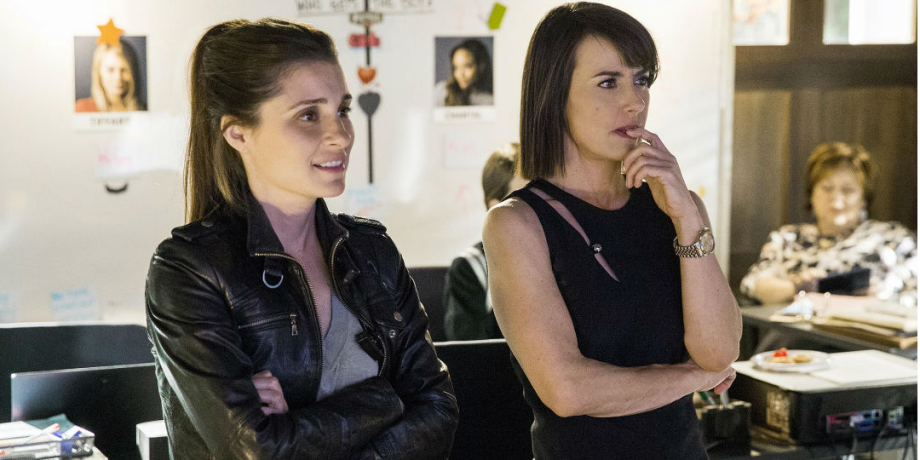
Despite UnREAL‘s exasperating tendency to see how deeply it could cut us through its characters’ morally corrupt actions and its frequent descent into soap opera melodrama (both of which became more pronounced in Season 2), it’s impossible to deny just the magnificent craft that goes into its central characters. Quinn and Rachel open the season in a gleeful montage consummated by matching wrist tattoos reading “Money. Dick. Power.” Of course, while the tats are permanent, the harmony is fleeting, and it doesn’t even take until the episode’s end for each to be planning the other’s destruction. Shiri Appleby and Constance Zimmer have earned their accolades and award nominations, and there are few protagonists quite as conflicted as Appleby’s Rachel, whose eureka moment of breaking down reality tv barriers by casting the first African-American bachelor, NFL quarterback Darius Beck, is equal parts genuinely righteous and nakedly self-satisfying.
-Jason Thurston
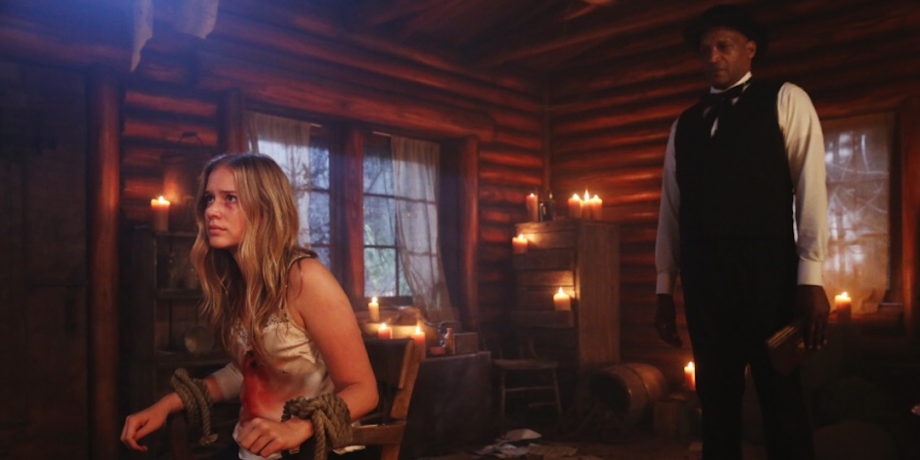
Dead of Summer was the sleeper hit of .. well.. the Summer. I was skeptical that the basic concept of a slasher film of the 80s could be expanded over the course of a whole season. Once it got started, I couldn’t look away. The twists and turns were dowright ridiculous, yet they worked, while solid performances by the cast sealed the deal. Lost alum Elizabeth Mitchell as camp leader Deb Carpenter was standout and Amber Coney (as camp councilor Cricke)t) should be a star. Perhaps the biggest surprise was Robin Williams’ daughter Zelda as transgender camp councilor Drew. This may have snuck under your radar, but binge it and you’ll be hooked.
-Brad Filicky
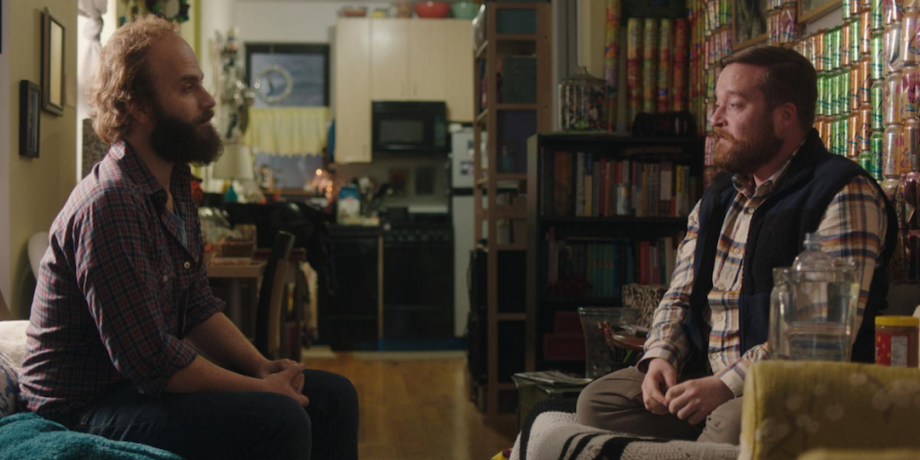
While High Maintenance does revolve around a main figure — co-creator Ben Sinclair’s pot dealer known simply as “The Guy” — it is more an experiment in freeform anthology than a continuing narrative. That’s not to say there isn’t character growth or development; in the excellent episode, “Grandpa,” we see his bond, perhaps romantic, possibly platonic with hippie dog-walker Beth, and in the season finale, his vulnerable side comes through as his day spirals apart and we are introduced to his ex-wife (well, more precisely, her lover). However, High Maintenance is more about city dwellers and the various ways we stave off quiet desperation, not all of them involving the green.
-Jason Thurston

Saturday Night Live was not totally off-base in a sketch where they skewered screen sacred cows of the moment, with Keenan Thompson’s suspect claiming its finale should have been its premiere, but neither are the indignant cops wrong that it’s slow-moving nature was part of the point. Over the course of a languorous, but certainly not action-free, first season, HBO’s adaptation of 1973 cult-classic movie Westworld wooed you into the lay of the sweeping land and revealed a host of complex characters — human, alien, and question mark — portrayed by some of the greatest actors of our time (Anthony Hopkins, Ed Harris, and Jeffrey Wright just for starters). This slow burn allowed the finale’s onslaught of twists and reveals to have that much more power, and it was all punctuated by a closing five minutes which makes the two year wait for next season all the more criminal.
-Jason Thurston
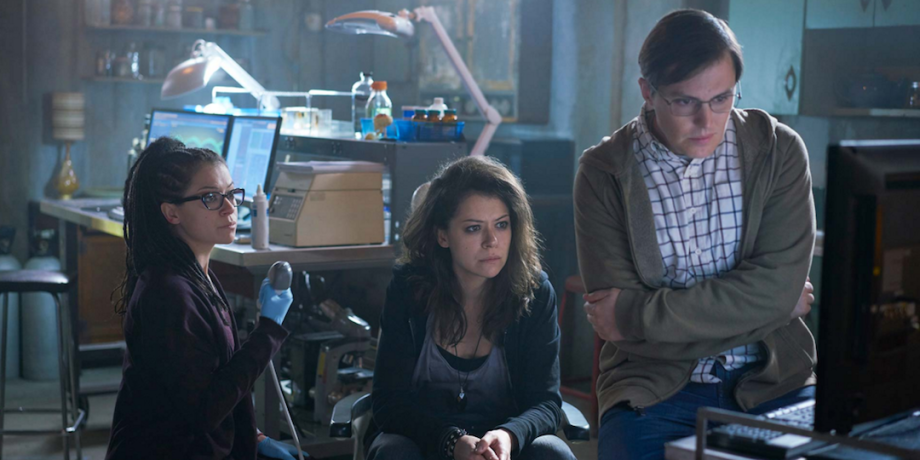
Great television programs are marked by spectacular penultimate episodes; such shows are not just great at opening flourishes or powerful wrap-ups, but are proficient at the set-up. The devastation wrought by the fourth season of BBC America’s tentpole, Orphan Black, all focuses into place with the reveal that next year’s episodes are its last. After a season with even more jarring twists and turns than usual, there was a hopelessness as Cosima’s illness worsened, Sarah lay bleeding out on a remote beach, and Rachel set to meet with the Neolution founder, but it’s all prelude, stunning, stunning prelude to the Clones’ final chapter.
-Jason Thurston


